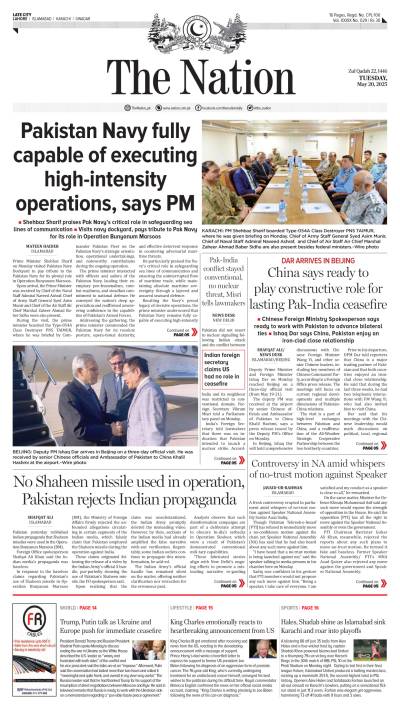As soon as the temperature dropped below zero, residents in Quetta, and nearby districts, started facing severe gas shortages. This can’t be compared to gas shortages in other parts of the country because gas demand in Balochistan is much lower than Sindh and Punjab. Secondly, Balochistan being a leading gas producer has the first right over its consumption, according to the Constitution of Pakistan. However, gas supply is one of the many issues where Balochistan faces deprivation.
Life in Quetta has been paralyzed due to lack of gas supply in devastating cold weather. Due to continued suspension of natural gas, political parties staged a massive protest in Quetta last Thursday. In response, SSGC Balochistan General Manager (GM) Agha Muhammad Baloch came with the same old cliché of demand-supply problems. He claims that gas demand in Quetta and surrounding areas has risen to 190 million cubic feet and SSGC can only supply 150 million cubic feet. This is a lame excuse and the gas supply of the province can be increased from central distribution point in Shikarpur to solve the problem.
Due to SSGC’s apathy, a constitutional petition was also lodged with Balochistan High Court (BHC) against lack of gas supply to Quetta and the rest of the province. As a result, BHC has summoned Managing Director of Sui Southern Gas Company (SSGC) to appear before the court on December 22. However, that’s not going to help because the problem of gas supply in Balochistan is structural and not in hands of MD SSGC alone.
Natural gas was discovered in Sui town of Balochistan in the year 1952. Since 1954 till the next 40 years, Balochistan was the leading producer of natural gas for the country. That’s the reason both gas supplying companies of Pakistan; Sui Southern Gas Company (SSGC) and Sui Northern Gas Pipelines Limited (SNGPL) are named after Sui. Today Balochistan is the second largest producer of gas in Pakistan after Sindh.
Systematic deprivation of Balochistan in gas supply can further be analyzed through the statistics supplied by Ministry of Petroleum and Natural Resources. Out of the 32 District Headquarters (DHQs), only 13 have natural gas facility in the province. 25 Tehsil Headquarters (THQs) out of 81 in Balochistan have gas facility. Only 20% of the population in the province is supplied natural gas. Gas pressure outside of Quetta is extremely low all year. So, effectively, Quetta is the only city of Balochistan that has proper gas supply.
Furthermore, the headquarters of SSGC is in Karachi which should have been in Quetta. Balochistan government demanded the federal government to transfer the office to Quetta but that request was not entertained due to colonial approach of the federal government and a lack of determination on part of the provincial government.
Balochistan is under-represented in the current federal cabinet. There is only one federal minister and one state minister from Balochistan. Jam Kamal is the State Minister for Petroleum and Natural resources. That should have been a positive development for Balochistan as Mr. Kamal was expected to solve gas supply related problems of Balochistan. However, Jam Kamal could not do anything significant for Balochistan because he is ignored by top officials in his ministry.
In fact, he said in a press statement this September that ‘he has serious reservations over the ministry’s attitude.’ In July 2014, Prime Minister issued directive to supply gas to all remaining districts of Balochistan. However, Ministry of Petroleum and Natural resources deliberately did not implement Prime Minister Nawaz Sharif’s decision and there is nothing that Mr. Jam Kamal could do.
There is a prevailing mindset in federal government and bureaucracy that is hell bent on blocking any move that benefits Balochistan. People with this mindset have created bureaucratic hurdles for supply of gas to all parts of the province. They are also the ones who block structural changes which are aimed at increasing the representation of Balochistan in gas and petroleum.
Not long ago Federal Minister for Petroleum and Natural resources Shahid Khaqan Abbasi, who is famous for establishing Air Blue after serving as PIA chairman, made a startling statement. He said that Article 158 of the Constitution of Pakistan would be suspended. This article states that provinces producing natural resources have first right over their consumption. Today, Balochistan produces 17% gas of the country but only consumes 7% of it. Clearly, Article 158 is not being implemented but still Mr. Abbasi wanted to get rid of it.
Moreover, the biggest share of blame in this regard falls on shoulders of politicians of Balochistan. They have not effectively lobbied for increased gas supply to the province. The leaders of Balochistan are more worried about securing their power positions; the case of implementation of Murree Accord is a prime example. When they depend upon the blessings on federal government to get in power, how can they question federal government on issues like gas supply?
People of Balochistan brace themselves for another winter without adequate gas supply due to the apathy of federal and provincial government. The so-called nationalist parties use the issue of gas supply as a catchy political slogan but forget the issue when they are in power. There is no hope for any positive change, in this particular matter, in the near future.






